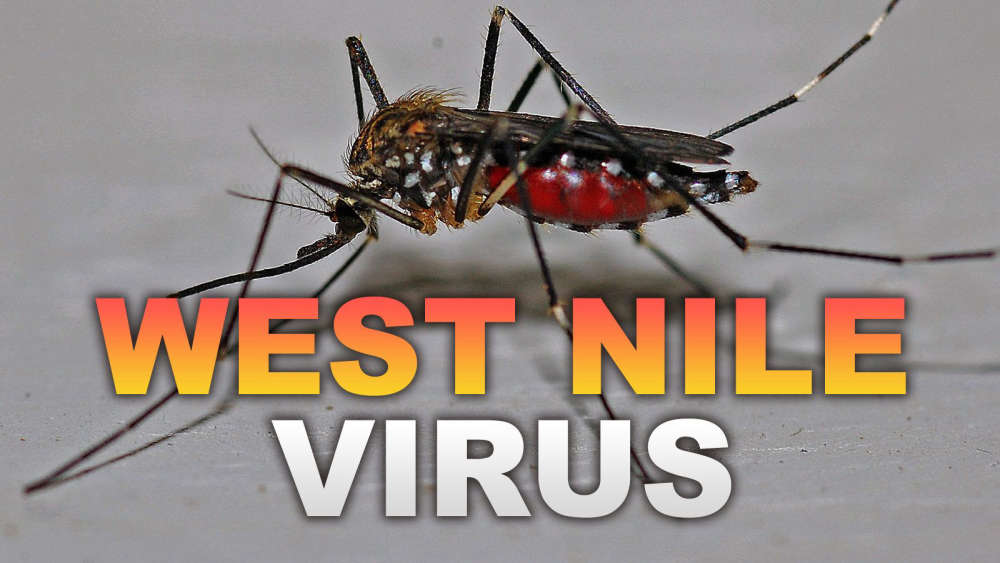
The Indiana Department of Health has notified the Pulaski County Health Department that mosquito samples recently collected from Pulaski County have tested positive for West Nile virus.
The department is now asking locals to take precautions against mosquitoes to reduce the risk of disease caused by mosquito-borne viruses.
Most people infected with the West Nile virus have no symptoms or have mild flu-like symptoms. This can include fever, headache, body aches, joint pains, vomiting, diarrhea or a rash. Although rare, some can develop more severe form of the disease affecting the nervous system. People who think they have the virus seek their healthcare providers. People over the age of 60 and those with weakened immune systems are at higher risk of severe West Nile virus.
State and local health officials recommend that the following steps be taken to prevent disease from mosquitoes:
- Use insect repellent. Apply EPA-registered insect repellents containing DEET, picaridin, IR3535, oil of lemon eucalyptus, para-menthane-diol or 2-undecanone according to the label instructions.
- Wear protective clothing. Wear loose-fitting shirts and pants. Consider treating clothing and gear with a permethrin product (note: permethrin products should not be applied directly to the skin).
- Know when to expect mosquito bites. The Culex species of mosquito is responsible mainly for WNV and is primarily active between dusk and 1 a.m. and at dawn. Taking precautions to avoid bites between dusk and dawn is recommended.
Homeowners, landlords, and property managers should take the following steps to control mosquitoes indoors and outdoors:
- Install screens on windows and doors to keep them in good repair.
- Look for containers that could hold water, such as trash, tires, buckets, toys, pools, birdbaths, flowerpot saucers or trash containers.
- Prevent mosquitoes from accessing containers. This can be done by removing trash, moving items indoors, covering or overturning items not in use, drilling holes in the bottom of trash containers, installing screens on rain barrels, replacing water in pet bowls daily, and flushing birdbaths, fountains and other containers at least once a week.
- Maintain properties and landscaping in good condition. This includes regularly servicing septic systems, keeping grass mowed and shrubs trimmed, cleaning gutters regularly and aerating ornamental pools or stocking them with predatory fish.
To learn more about the West Nile virus, visit the Indiana Department of Health website.


 Fulton County Commissioners issue response to media news article
Fulton County Commissioners issue response to media news article
 Starke County law enforcement releases more details on Friday Amber Alert
Starke County law enforcement releases more details on Friday Amber Alert
 Kewanna Union Township Public Library received a $10,000 gift
Kewanna Union Township Public Library received a $10,000 gift
 Lucas Oil named title partner of 500 Festival Parade
Lucas Oil named title partner of 500 Festival Parade
 Rochester woman arrested after allegedly resisting arrest and battering a police officer
Rochester woman arrested after allegedly resisting arrest and battering a police officer
 Two drivers injured after three vehicle crash on US 35
Two drivers injured after three vehicle crash on US 35
 Student entrepreneurs take the stage at FEDCO’s 7th annual First Pitch Event
Student entrepreneurs take the stage at FEDCO’s 7th annual First Pitch Event




